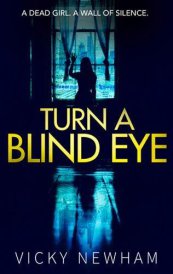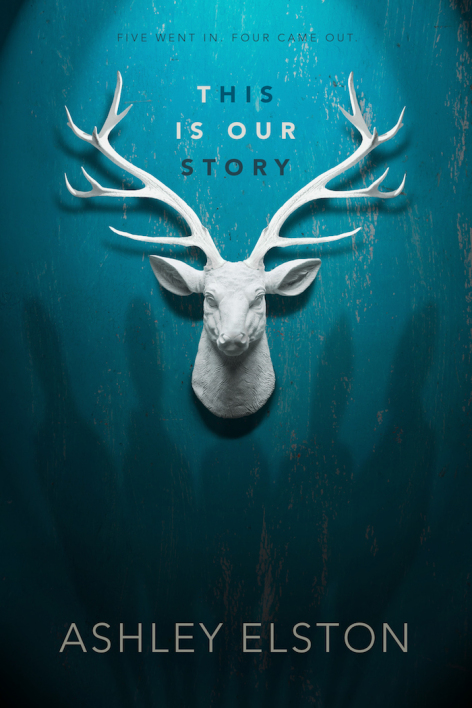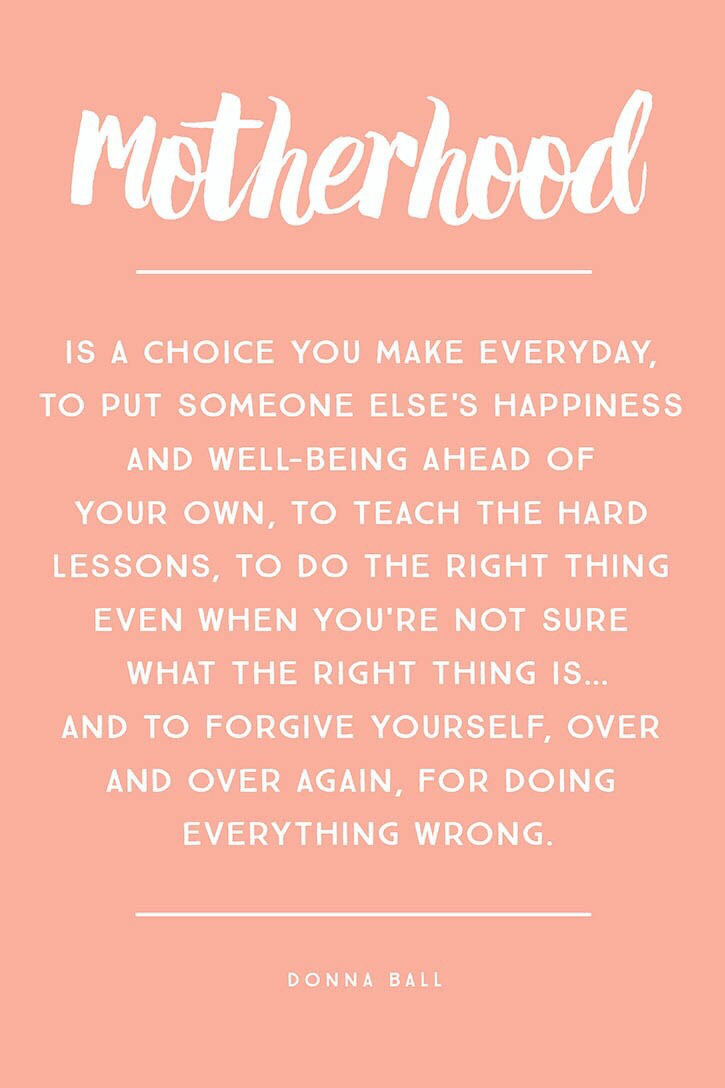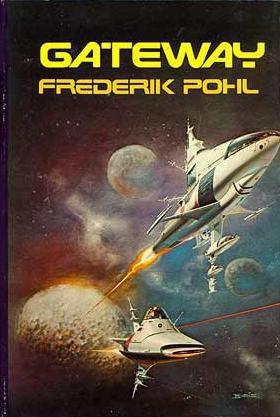Scandals in the poetry world seem sweet from a distance, like triolets blooming in epic slush pile. When, for instance, author and Norton editor Jill Bialosky publishes a memoir, Poetry Will Save Your Life, and William Logan excoriates it in Tourniquet Review, accusing Bialosky of “plagiariz[ing] numerous passages from Wikipedia and the websites of the Academy of American Poets and the Poetry Foundation”—you might be forgiven for not caring. Some of you, like me, are buried in not-so-golden leaves of student writing, committee reports, etc. And then there are the environmental and political upheavals threatening to wipe out civilization. It’s hard to get het-up about a distant executive passing off biographical cliché as her own prose.
There are also reasons to root for Bialosky, beyond dislike of Logan’s harsh take-downs. I find myself wanting to defend her not because of her other accomplishments—she has devoted her professional life to an art I love—but because of the nature of this book. She’s performing an experiment in literary criticism from outside the academies, writing a hybrid kind of nonfiction Joyce Carol Oates has dubbed “bibliomemoir.” Taking poetry personally, showing that universities don’t own any art form—this is urgent work. Yet the project deserved more life-saving attention than Bialosky gave it.
It’s not that I disrespect scholarship written for specialists. I’ve found reams of it brilliant and useful. I’ve written some. I teach it, gladly, while leading cerebral discussions of prosody and metaphor in seminar rooms. Yet while universities may be the best patrons poetry has ever had, verse ought to thrive in many habitats, and its appreciation ought to take many forms. Snap your fingers at a good line during an open mic, recite it during a bout of insomnia, analyze it in a scholarly article or a trade memoir: it’s all good.
I’m especially hungry for fresh ways of writing about poetry, because my undergraduates deserve a wide range of models. Only a fraction of them will teach, after all. While they benefit from applying their full intelligence to art made out of language—reasoning through ambiguities, conducting research, acknowledging the insights of earlier readers, and generally writing their hearts out—learning MLA conventions shouldn’t be their top priority.
Being skeptical of what Philip Larkin bemoaned as the “cunning merger between poet, literary critic and academic critic,” I am eager for books like Bialosky’s, but Logan’s critique has merit. Some of the gaffes in Poetry Will Save Your Life reflect hasty copy-editing: not great, although not catastrophic, either. The plagiarism is more serious. As much as I respect the signatories to a recent letter defending Bialosky—it’s a dazzling list—they did not persuade me that the New York Times, “by giving a large platform to a small offense, has tainted the reputation of this accomplished editor, poet and memoirist.” Bialosky’s respect for literary achievement shines through this book, but just as poetry requires slow care from its makers and readers, so does poetry criticism.
To appreciate a poem is to step into an expanded moment and give words your undivided attention. To write about that poem, whether in an online review or a book-length study in print, you have to linger longer, reading recursively, pondering the marks on the page, their origins, and their effects. One should commit criticism with full attention, too. Most readers won’t or can’t visit archives, count pronouns, study every essay published on the topic, or otherwise duplicate whatever persnickety strategies a critic employs. But critics can give valuable tribute to literature’s power and make a new kind of sense from it. Reading criticism should confer insight or at least complicate the meanings of art worth pondering.
Apparent hastiness is what I regret most about Poetry Will Save Your Life, because I like Bialosky’s premise. The memoir portions brim with moving stories from her own life, interspersed with great verses reprinted in full. Yet she connects her autobiography to the poems only superficially, and she rarely enriches her own reactions by referring to the many insightful readers who arrived there before. About the ending of James Wright’s “A Blessing,” for instance—“if I stepped out of my body I would break/ Into blossom”—Bialosky tells us, “reading the poem fills me with the wonder of this phenomenon. Is this a love poem or a nature poem? No matter. A love poem can be disguised within a nature poem.” Instead of feeling wiser about the poem, or pondering new emotional associations Bialosky has bought to bear, I’m just wincing.
Being dumbstruck by a powerful piece of art, unable to address the uncertainties it provokes—that’s a valid response. A tribute, even. Yet it’s not an occasion for criticism. Failing to forge bridges based in interpretation or research or both, Bialosky ends up stranding autobiography and poems on alien shores. They just don’t communicate with one another. A memorable chapter on “Motherhood” works best because she makes scenes of reading and rereading painfully vivid. But the author isn’t a great explainer.
So where does a reader go for meditations on how poetry, embedded in daily living, can enrich and be illuminated by personal experience? Plenty of scholarship is grounded, at least fleetingly, in the circumstances of the researchers’ lives, although it uses specialist shorthand (try Alice Te Punga Somerville, for instance). Less professorially, there are splendid poet-critics past and present: Adrienne Rich on Emily Dickinson, Elizabeth Alexander on Paul Laurence Dunbar. The latter, however, are compelling in part because the subjects of the critiques are as interesting as the objects. It’s not clear yet whether William Logan, Jill Bialosky, my undergraduates, or I will ever command such fascination in our own right. Frankly, the odds are against us.
The criticism I find in literary, as opposed to academic, journals, is less jargon-ridden but often ill-informed. Yet exceptions inspire optimism. For example, the first line of Bruce Snider’s recent essay in New England Review has the drama of gripping nonfiction: “The first gay man I knew was the undertaker.” Addressing a topic he calls “the gay rural,” Snider conveys the significance of his own early reading experience: after childhood in a small town, he immersed himself in poems by Frank O’Hara, Mark Doty, James Schuyler, and others, deriving the moral that “if you were gay, you needed to live in the city”—and, if you were a poet, write urbanely. Snider’s bibliography contains mostly poetry and criticism by poets; there’s no attempt to reference the full research field of sexuality in American poetry. I wouldn’t call Snider’s essay scholarly. Yet it’s a compelling, insightful piece of criticism that shows a reader in conversation with other readers. It’s worth attention.
Outside of a very few magazines and university presses—usually the elite ones—there are scant venues for good, general-audience criticism, much less criticism blended with memoir. We need risk-taking publishers as well as writers, so that bibliomemoir haters have more books to lambaste and the genre doesn’t stay islanded in blogs. Literary scholarship, after all, doesn’t always serve poetry well by downplaying story in favor of argument, addressing specialists instead of interested general audiences. We poetry fans know that reading changes us in small, meaningful ways, as well as, once in a great while, performing dramatic rescue missions. Isn’t that worth writing about—slowly, carefully, maybe even with an occasional footnote?
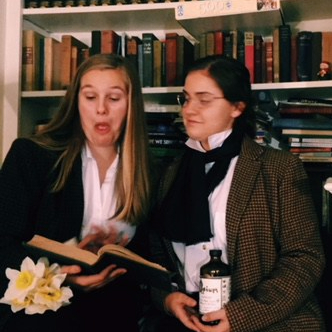
Poetry fans as Wordsworth and Coleridge this Halloween
Share this:- More
